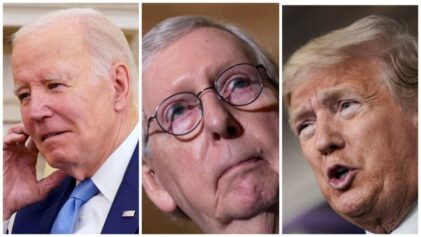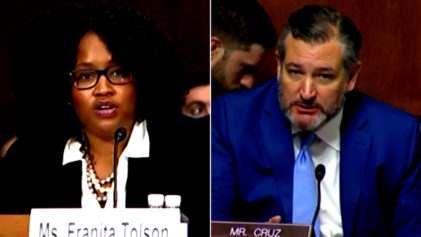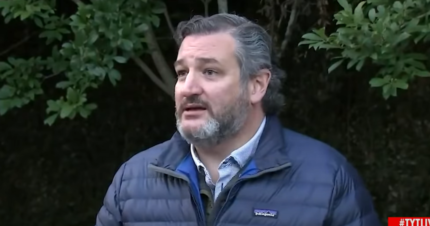It appears that Washington lawmakers moved a big step closer to ending the government shutdown and averting a credit default when Senate Democratic and Republican leaders reached final agreement Wednesday on a deal that could get final passage in the Senate by Wednesday evening.
Senator Richard Burr, Republican of North Carolina, seemed to be taking a swipe at Senators Ted Cruz, Republican of Texas, and Mike Lee, Republican of Utah, as well as House members who linked further funding of the government to gutting the health care law, which happens to be funded by its own designated revenues and spending cuts.
“Let’s just say sometimes learning what can’t be accomplished is an important long term thing, and hopefully for some of the members they’ve learned it’s impossible to defund mandatory programs by shutting down the federal government,” Burr said.
The Senate deal would fund the government through Jan. 15, and the debt ceiling would be raised until Feb. 7. The Senate also will take up a separate motion to instruct House and Senate negotiators to reach accord by Dec. 13 on a long-term blueprint for tax and spending policies over the next decade.
McConnell tried to pull some semblance of respectability out of the deal by pointing out that the sequester cuts were not reversed, as some Democrats had wanted. But he knew it was, in the words of the New York Times, “a slim reed.”
The deal, he said, “is far less than many of us hoped for, quite frankly, but far better than what some had fought.”
“It’s time for Republicans to unite behind other crucial goals,” he added.
But even while conceding defeat, Sen. Cruz refused to show contrition.
“Unfortunately, the Washington establishment is failing to listen to the American people,” he said, as he emerged from a meeting of Senate Republicans called to ratify the agreement.
According to a Democratic leader, the current plan was for the Senate to provide the legislative language to the House, get a House vote, and then have the Senate take up the bill, pass it, and perhaps send it to President Obama before the end of the day.
But it’s not clear yet that the House Republicans will go along with that plan. The question was whether they would try to meet with their entire conference before going to the floor, or just wait until later this afternoon for a vote—guessing that a meeting of its members could get ugly.
On a scale of 1 to 10, “this is a 12,” in terms of ridiculousness, said Congresswoman Jackie Speier, Democrat of California. “This is like a preschool that’s gone awry. I’ve been in public office for 30 years, and I’ve never seen anything like it.”
U.S. Treasury securities are used as both currency and collateral for countless financial transactions around the world and seen as almost as liquid and secure as cash. So if investors are at all nervous that they might not be honored, it could lead to a disastrous series of events: stock markets would tumble, the dollar would lose value and unemployment would rise.
“The entire financial system of the U.S. and the world is anchored in the idea that the government is good at paying off debts,” says Matthew Shapiro, a University of Michigan economist.


